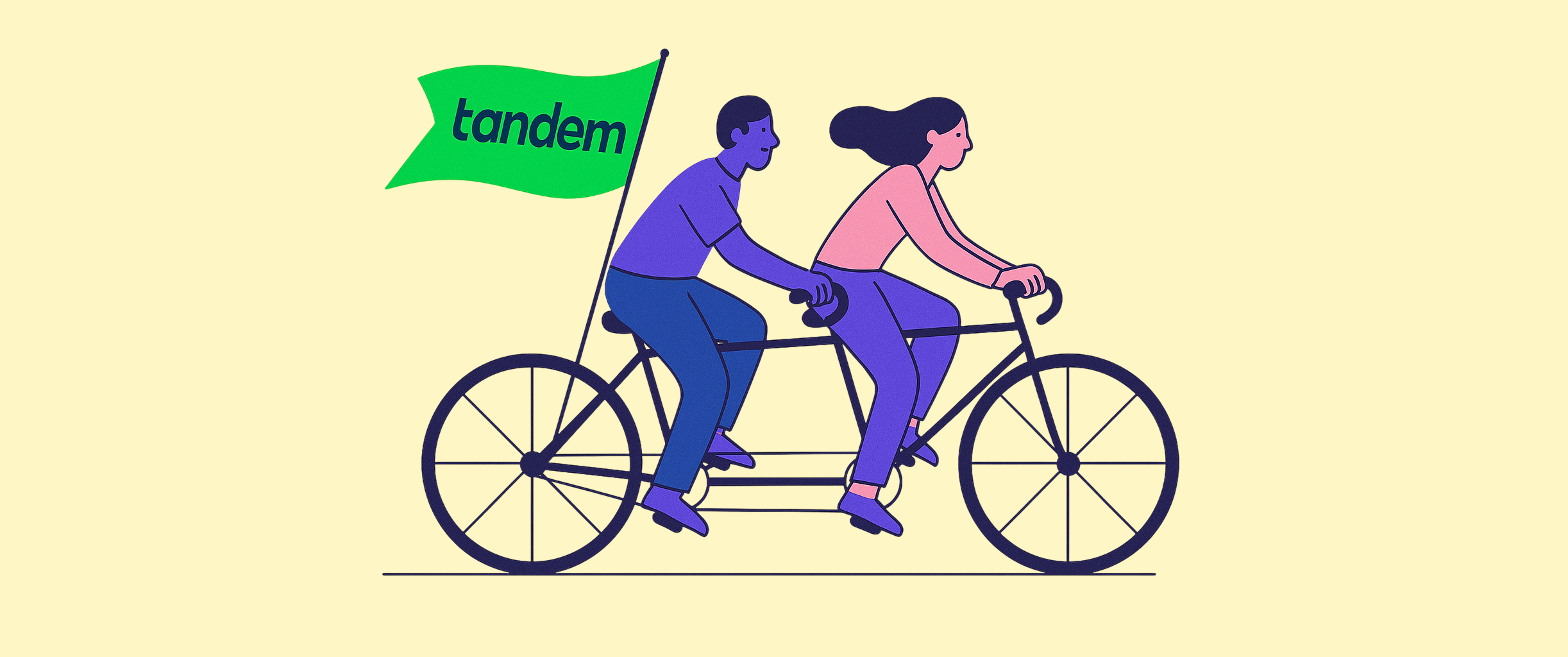A simple guide to credit cards
Credit cards can help or hurt your finances - here's how to use them safely.

Related articles
Credit Cards: Friend or Foe?
Like any powerful tool, credit cards can be dangerous - especially when used unwisely. Whether you're brand new to credit or looking to get more out of the card you already have, it helps to know exactly how they work, what to watch out for, and how to make them work for you - not the other way around.
How credit cards work
A credit card gives you access to borrowed money. Every time you pay with the card, you're borrowing from your lender. You'll get a monthly statement showing your balance, and you'll need to make at least the minimum payment - and interest on the balance can add up fast.
- You borrow money up to a set credit limit
- Interest applies on unpaid balances after the grace period
- Minimum payments are required, but more is better
- Responsible use can build your credit score
- Misuse can lead to debt and lower credit
Pros and cons of credit cards
Not all credit cards are created equal - it's important to know what you're signing up for. Used properly, credit cards offer flexibility, protection, and even rewards. But they're also a common cause of long-term debt. Know the perks - but more importantly, know the risks.
The pros:
- Can build or improve your credit rating over time
- Safer than debit cards for online or travel spending
- Some cards offer cashback, air miles, or other rewards
- Many offer interest-free periods on purchases
- Section 75 protects purchases over £100
The cons:
- High interest rates on unpaid balances
- Temptation to spend beyond your means
- Fees for late payments, foreign use, or annual charges
- Too many applications can lower your credit score
- Interest compounds quickly if you only pay the minimum
Tips for managing your credit card
Managing a credit card well isn't about tricks - it's about consistency. If you treat your credit card like a short-term loan instead of extra income, you'll stay ahead of the game.
- Pay your balance in full each month to avoid interest
- Set up a direct debit to never miss a payment
- Keep your balance below 30% of your limit
- Only apply for new cards when necessary
- Review your statements to catch fraud early
- Don't treat your limit as your budget
Summing up
Credit cards aren't inherently good or bad - it's how you use them that counts. They can boost your credit score, give you more security when shopping, and even earn rewards. But misuse can quickly lead to high-interest debt. If you stay mindful of your spending and pay on time, you'll stay in control and reap the benefits.
Frequently Asked Questions: Secured Loans
What's the difference between a credit card and a debit card?
A debit card takes money directly from your bank account when you spend. A credit card, on the other hand, lets you borrow money from a lender up to a limit. You then repay it either in full or over time - with interest if you carry a balance. Credit cards offer more fraud protection and can help build your credit history if you use them responsibly.

Will using a credit card improve my credit score?
Yes - if you use it well. Making on-time payments and keeping your balance low compared to your limit (a common rule of thumb is under 30%) can gradually improve your credit score. Lenders see this as proof that you're managing borrowing responsibly. Just be careful - missing payments or maxing out your card can have the opposite effect and damage your score.

What happens if I miss a credit card payment?
Missing a payment can trigger consequences. First, you'll likely be charged a late fee. If it's over 30 days late, it may also be reported to credit reference agencies, which can lower your credit score. Interest continues to build, making the debt harder to manage. If you're struggling, contact your lender early - they may help you work out a payment plan.

Can I withdraw cash with my credit card?
Yes, but it's usually not a good idea. Withdrawing cash using a credit card comes with high interest rates and often a fee from day one - no grace period like with regular purchases. It can also hurt your credit score and looks risky to lenders. If you really need cash, look into alternatives first.

Do all credit cards charge interest?
Most do - but interest only applies if you don't pay off your full balance each month. Many cards offer an interest-free period (usually around 56 days) for purchases. But if you carry a balance past that period, you'll be charged interest. Some cards also offer promotional 0% interest at first, especially for balance transfers or new customers, but always check the small print.

What is a balance transfer card?
A balance transfer card allows you to move existing credit card debt to a new card - often with a 0% interest offer for a set period. This can help you pay off your debt faster and save on interest. But there's usually a one-time transfer fee, and you'll need to repay before the interest-free period ends to avoid charges.


The details shown are for illustration only and may not include all lenders or products. Actual rates and terms depend on your circumstances and the lender’s assessment. Information was correct at publication but may change at any time.





